Yom Kippur is much more than saying, I’m sorry, said Rabbi Lawrence Kushner, the well-known theologian, author and speaker who will be in Orange County on Aug. 12 to talk about preparing spiritually for the High Holidays.
Kushner, 59, who has championed institutional and personal spiritual renewal, said his view of the holidays has evolved since studying kabbalah, Jewish mysticism about self-knowledge, and Chasidism, which values piety, extreme traditionalism and separatism.
"I became increasingly aware of the necessity of letting go of one’s old self in order for a new one to grow," said Kushner, who recently accepted a new position as rabbi-in-residence for San Francisco’s vibrant Congregation Emanu El.
He believes the holiday’s culmination should be embraced as an opportunity for a mental metamorphosis, a dying without being dead. Themes of death, transformation and rebirth are hinted at in many of the traditional prayers read during the holidays, he said. He plans to assist his audience in studying the themes through kabbalistic and Chasidic texts, through stories and with theological observations about how the world works. "I want to explore that for contemporary Jews," Kushner said.
Kushner is a guest speaker the following day at the annual sermon seminar at Stephen S. Wise Temple in Los Angeles. By booking nationally prominent speakers locally, Arie Katz, the founder of the scholar program, hopes to instill enthusiasm for Jewish scholarship.
"On Yom Kippur, by the end of the day — not having showered or eaten — they’re dressed up like their own corpses; it’s a rehearsal of death," said Kushner, noting that the Day of Atonement should serve as a figurative milepost for a new direction, a rebirth.
American Jewry is in the midst of its own rebirth, Kushner contends. He recently returned from Santa Cruz after teaching a three-day seminar for members of Reform congregations on an introduction to Zohar, the principal source of kabbalah. Although he was prepared to teach the topic in English, the group ended up studying in Aramaic, the international trade language of the ancient Middle East and the dominant language for Jewish worship, scholarship and everyday life for centuries.
"That was an amazing thing, an amazingly high level of literacy," Kushner said. "We’re living through a time of real renaissance in Jewish learning."
In fact, Kushner, who spent 30 years in the pulpit, is both a product and a cause of such a trend, as is Stuart M. Matlins, publisher and editor in chief of Jewish Lights Publishing, based in Woodstock, Vt.
Kushner’s owes his second career as a speaker in large measure to Matlins’ willingness to follow his own thirst for knowledge.
In 1990, Matlins, a former management consultant, established Jewish Lights to publish books that focus on the quest for self, the meaning of life, personal growth and religious inspiration. "I didn’t know what I was doing," he concedes. "I was my audience."
With guidance from a multidenominational rabbinic advisory board, Matlins started the imprint with a nearly finished Kushner manuscript rejected by other publishers and three out-of-print Kushner books originally published by Harper & Row, a mainstream trade book publisher. "We couldn’t find material we were looking for to enhance our spiritual life," said Matlins, who helped establish a synagogue in Woodstock.
While sales of 5,000 copies would be considered a Jewish best-seller by even a mainstream publisher, each of the original Kushner quartet has sold more than 20,000 copies and has been translated into three languages, Matlins said.
Kushner, Jewish Lights and other best-selling authors such as Sandy Eisenberg Sasso, whose "God’s Paintbrush" was rejected by 18 publishers, are byproducts of an American Jewry that is highly educated, economically successful and has leisure time to devote to personal interests. "Now we can focus on what it means to be a Jew," Matlins said. The consequence is a thirst and demand for resources largely ignored by traditional publishers, he said.
Over the last 10 years, about 1.5 million Jewish Lights books have been purchased, mostly through chain bookstores such as Barnes & Noble. These include 200 different titles, including 25 new editions that will be published this year, said Matlins.
"There’s something terribly important going on," he said. "We’ve never had a broad mass of people being educated. It was only for rabbis.
"It’s not a rebirth," Matlins said, disagreeing with Kushner’s description of the trend. "It’s a beginning."







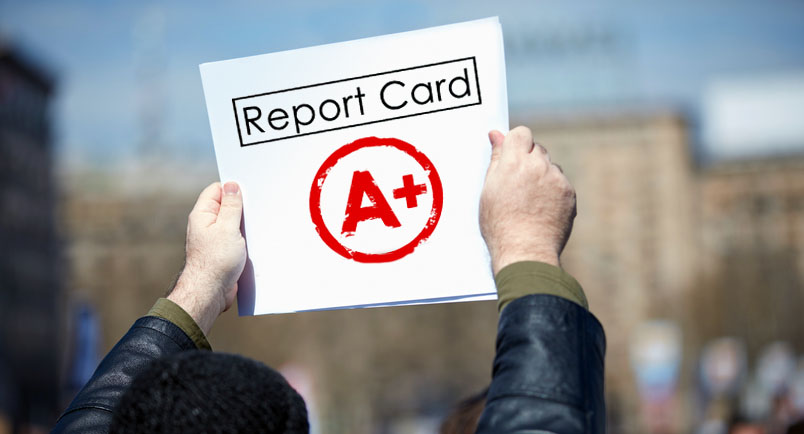
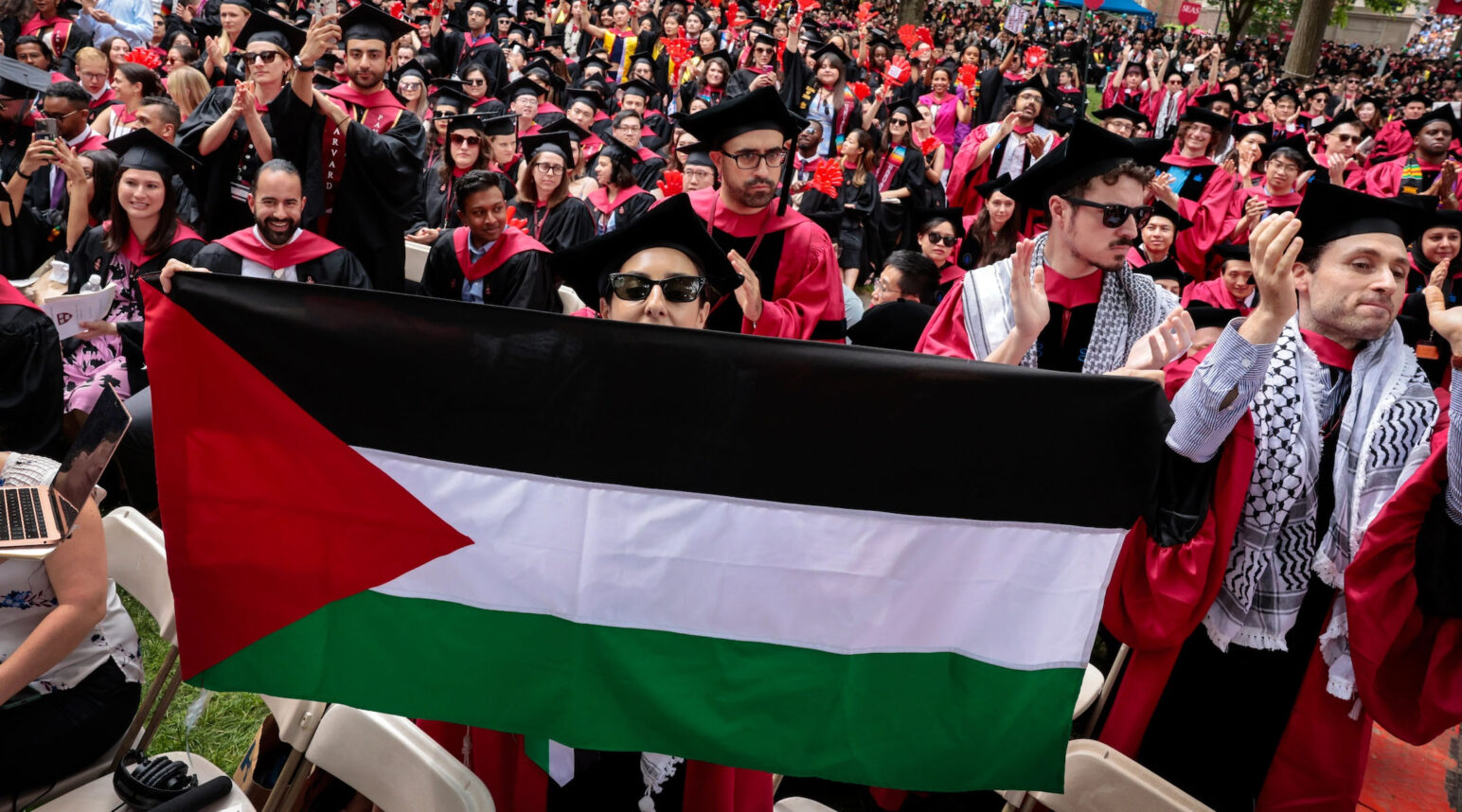
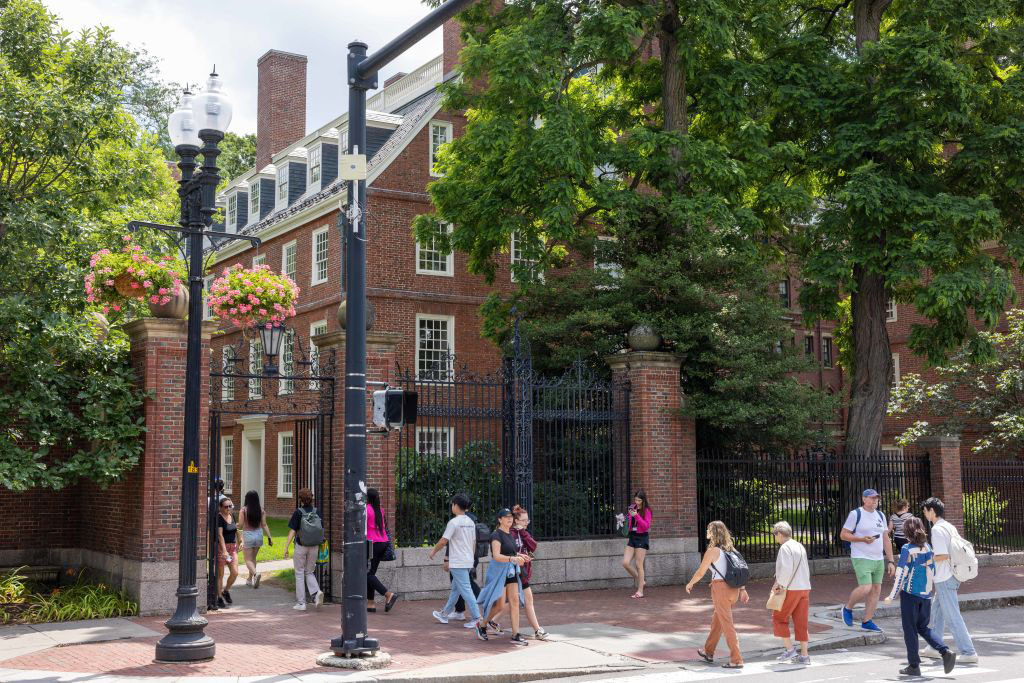
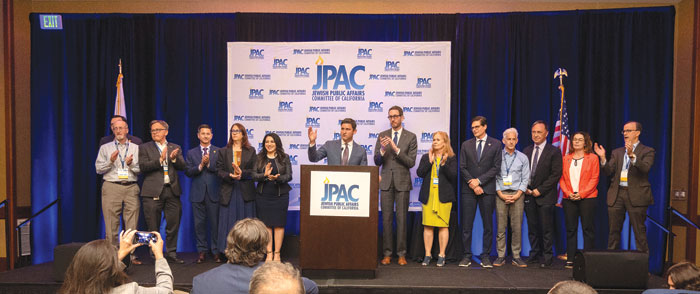

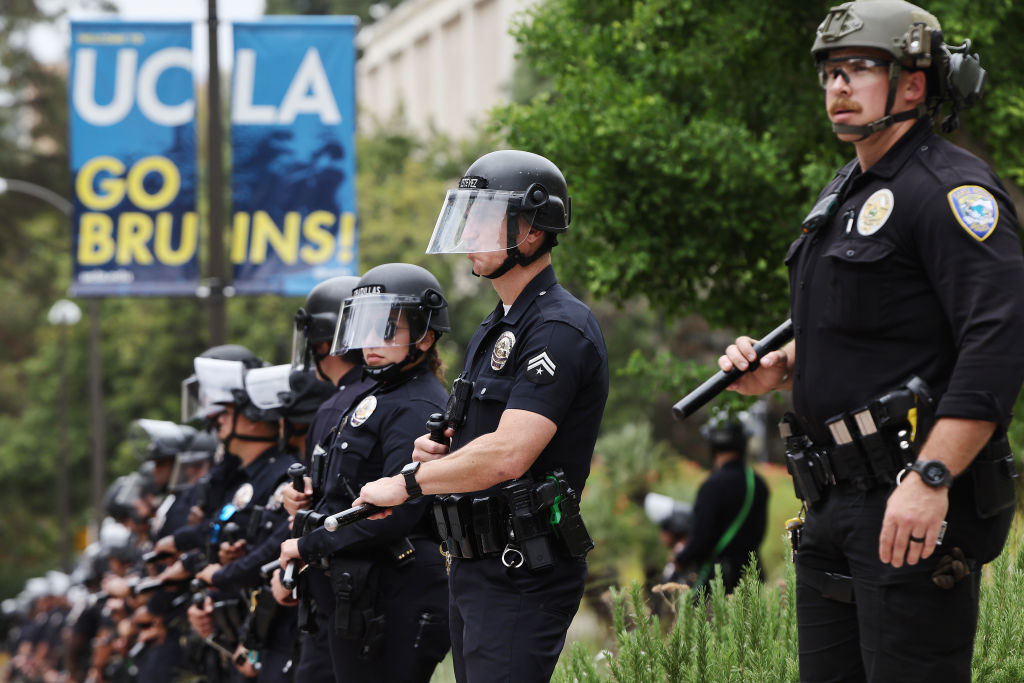


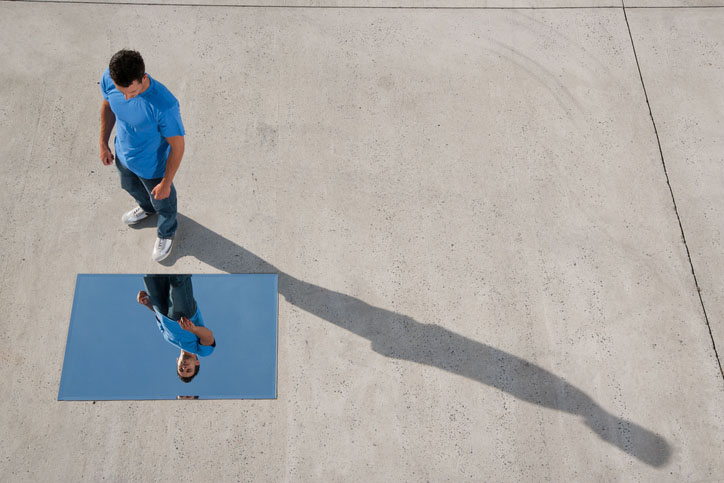





 More news and opinions than at a Shabbat dinner, right in your inbox.
More news and opinions than at a Shabbat dinner, right in your inbox.